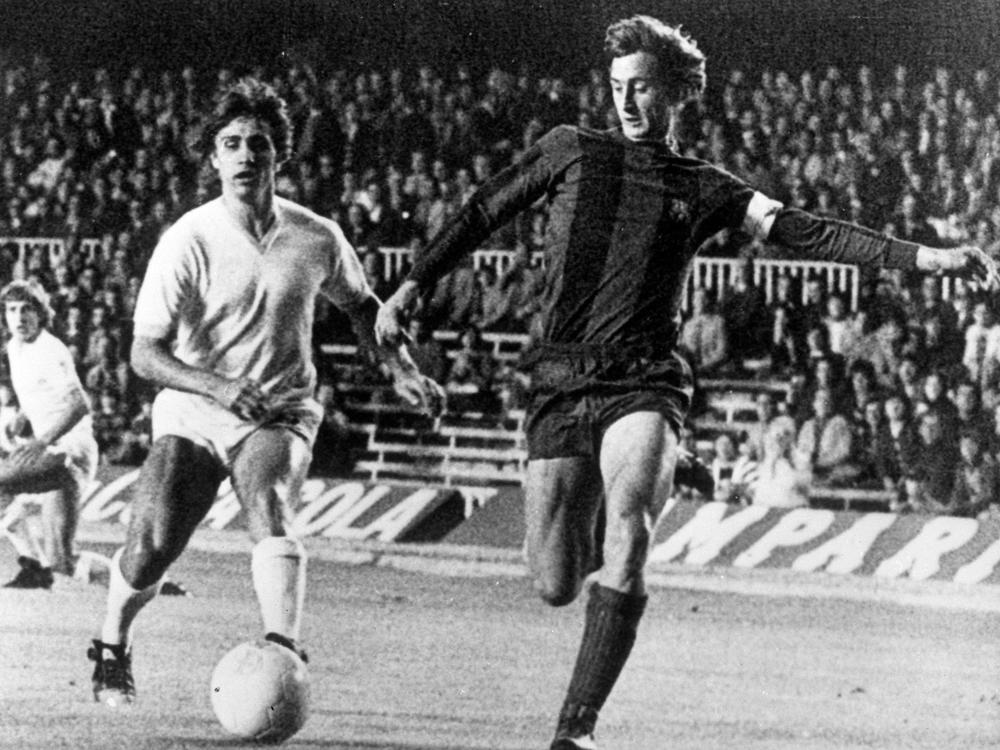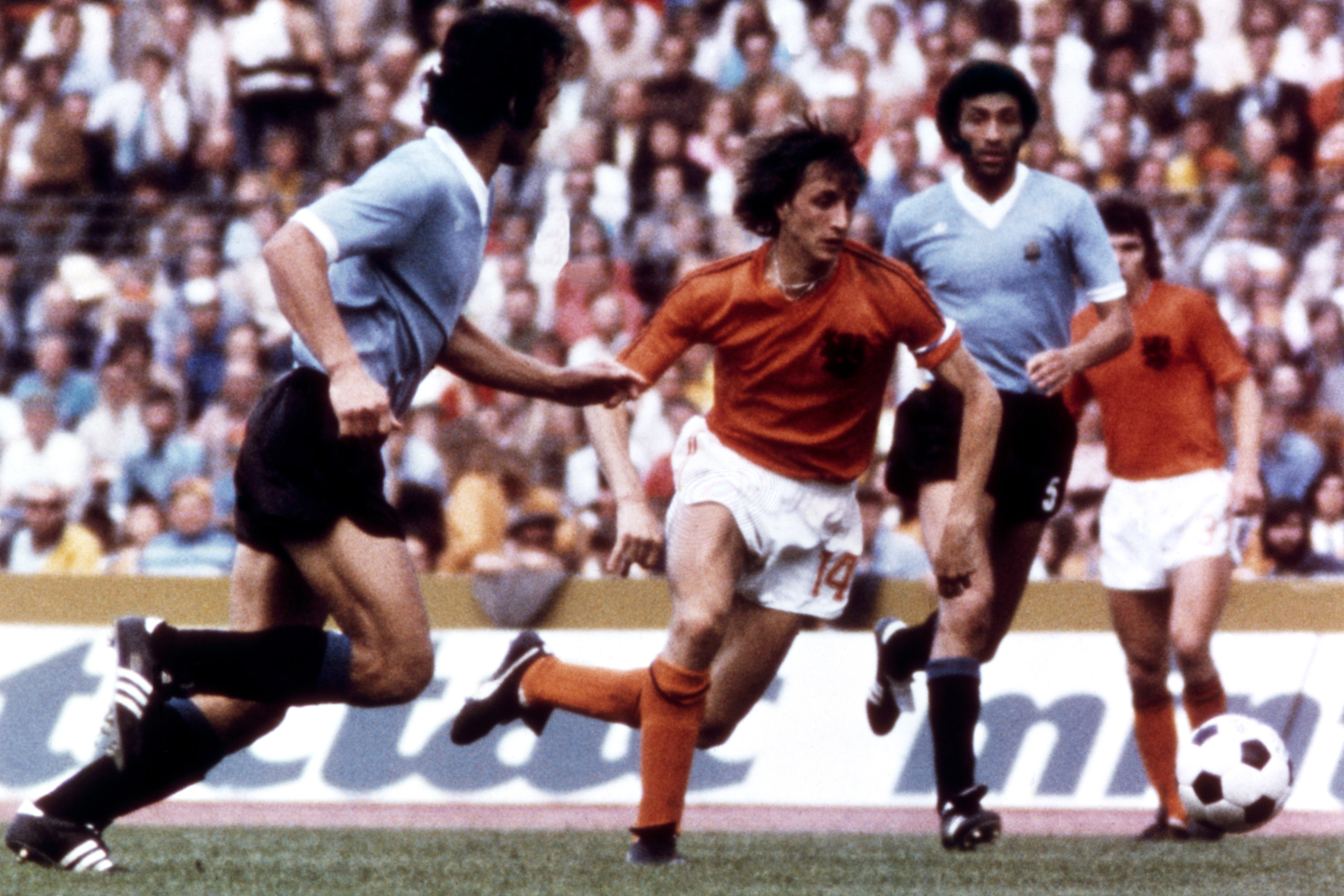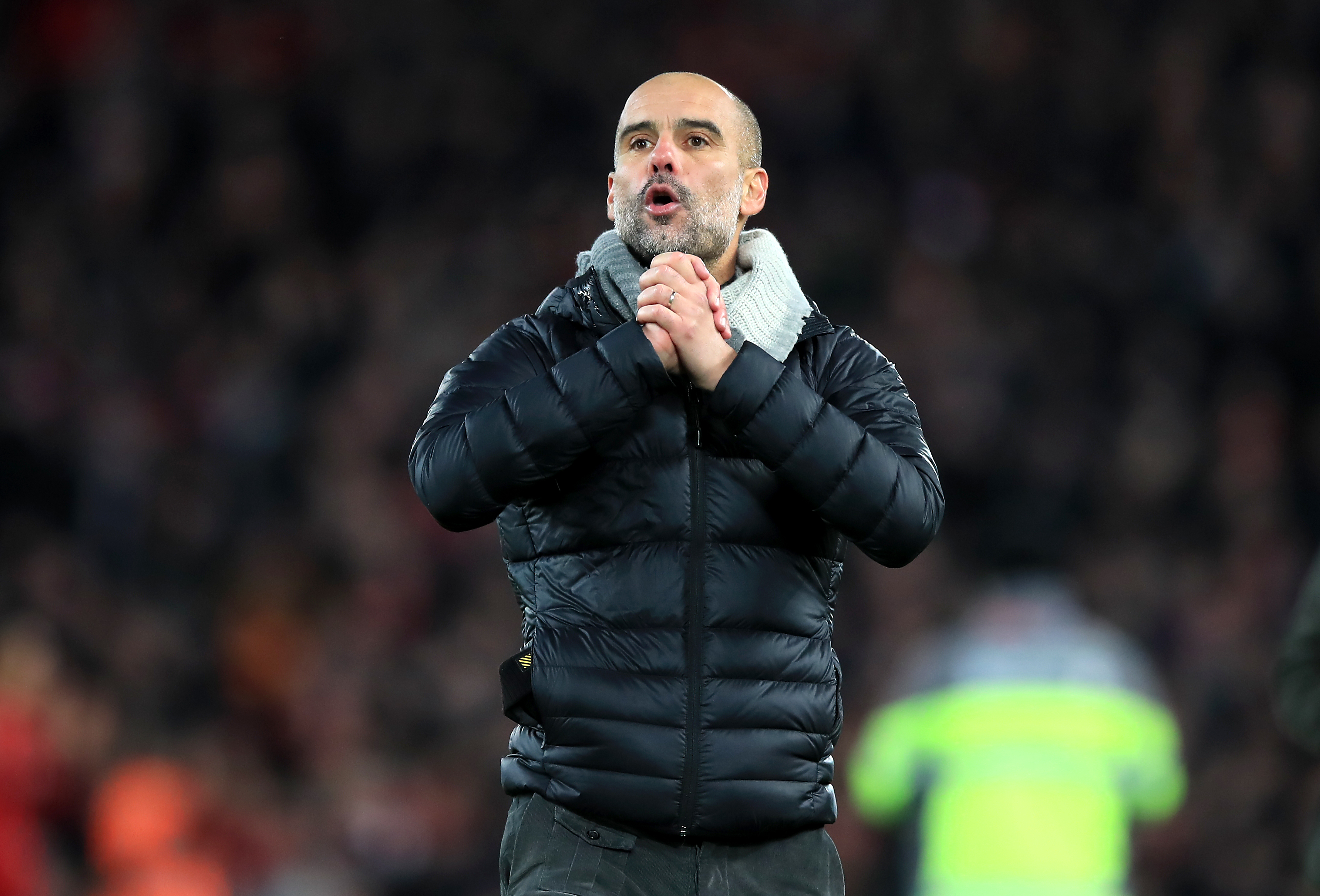Johan Cruyff – the Dutch maestro who pioneered total football

On March 24, 2016, world football lost one of its richest talents.
Johan Cruyff stepped out of Pele’s shadow to assume greatness during the early 1970s and joined the Brazilian superstar among a pantheon which has since admitted Diego Maradona, Zinedine Zidane, Lionel Messi and Cristiano Ronaldo.
A striker blessed with sublime skill – a fact to which Sweden defender Jan Olsson can painfully attest – the Dutchman changed the way football was played at the highest level and inspired new generations to attempt what for most proved impossible, but for him, came instinctively.
It is with great sadness that we've learnt of the death of Johan #Cruyff. Words cannot express the loss we feel. #14 pic.twitter.com/mt7XAM9GLE— KNVB (@KNVB) March 24, 2016
Cruyff also took his talent for innovation into coaching, adapting the ‘Total Football’ philosophy of his mentor Rinus Michels and developing it to stunning effect.
Hendrik Johannes Cruijff was born in Amsterdam on April 25, 1947 and his fledgling talent was spotted early by Ajax, where his mother worked as a cleaner.
Having progressed through the youth ranks, he made his senior debut as a 17-year-old in 1965 and marked his emergence from the ranks with a goal to serve warning of what was to follow, although few who witness his first steps in the professional game could have predicted quite how far he would go in the game.
The Amsterdam club won six league titles between 1966 and 1973 and five Dutch cups, but also took continental football by storm as they lifted the European Cup in 1971, 1972 and 1973.
Get FourFourTwo Newsletter
The best features, fun and footballing quizzes, straight to your inbox every week.
Thank you, Johan! Bedankt Johan! Gràcies Johan! #Cruyff#4evernr14pic.twitter.com/wviXU3Ktfz— AFC Ajax (English) (@AFCAjax_EN) April 3, 2016
Such was Cruyff’s influence that he was named European Footballer of the Year in 1971, 1973 and 1974, by which point he had joined Barcelona in a then world record £922,000 move.
In his first season at the Nou Camp, Barca ended a 14-year wait for a LaLiga title, sending the Dutchman to the 1974 World Cup finals in peak form.
It was in West Germany that summer that Cruyff was to cement his status in football’s highest echelon.
Holland did not win the World Cup – they went down 2-1 to the hosts in the final despite the Barcelona star winning them a first-minute penalty – but the man from Amsterdam, who shone throughout, wrote himself indelibly into the consciousness with one breathtaking piece of skill.
During the 1974 @FIFAWorldCup, Johan's unforgettable dribble was born: the 'Cruyff Turn'! #14forever#CruyffLegacy@FIFAcompic.twitter.com/Nw93kxRtbu— Johan Cruyff (@JohanCruyff) June 25, 2018
A 0-0 draw with Sweden in Dortmund will forever remain in the collective memory after Cruyff, confronted by defender Olsson wide on the Dutch left, feinted one way and then dragged the ball back through his own legs and went the other.
The ‘Cruyff turn’ is a staple in the modern game, but its debut left those who witnessed it – including Olsson and his team-mates – open-mouthed.
That said, Cruyff was not a man who endorsed showboating.
He once said: “Someone who has juggled the ball in the air during a game, after which four defenders of the opponent get the time to run back, that’s the player people think is great. I say he has to go to a circus.”

Cruyff unexpectedly retired from international football having scored 33 goals in 48 appearances ahead of the 1978 World Cup finals in Argentina, although it emerged three decades later he had done so after his family had been subjected to a kidnap attempt and he did not want to travel to South America.
He moved to the United States were he had spells with Los Angeles Aztecs and Washington Diplomats, before returning to his native country to win two more league titles with Ajax and one with Feyenoord before heading into retirement.
Success continued to come his way as he took up the coaching reins, leading Ajax to Dutch cup and European Cup Winners’ Cup glory, the latter a feat he repeated after being lured back to Barcelona, where he also won four league titles and, in 1992, the club’s first European Cup with his progressive brand of football.
One of his successors, Pep Guardiola, credited Cruyff with laying the foundations for the Catalan giant’s haul of honours since.

Guardiola said: “Johan Cruyff painted the chapel and Barcelona coaches since merely restore or improve it.”
Away from the dugout, he launched the Johan Cruyff Foundation, which has adopted projects across the world and used football to improve the lives of poor and disabled children.
He also founded the Johan Cruyff Institute for Sports Studies, which provides athletes with a chance to study around their training.
FourFourTwo was launched in 1994 on the back of a World Cup that England hadn’t even qualified for. It was an act of madness… but it somehow worked out. Our mission is to offer our intelligent, international audience access to the game’s biggest names, insightful analysis... and a bit of a giggle. We unashamedly love this game and we hope that our coverage reflects that.

